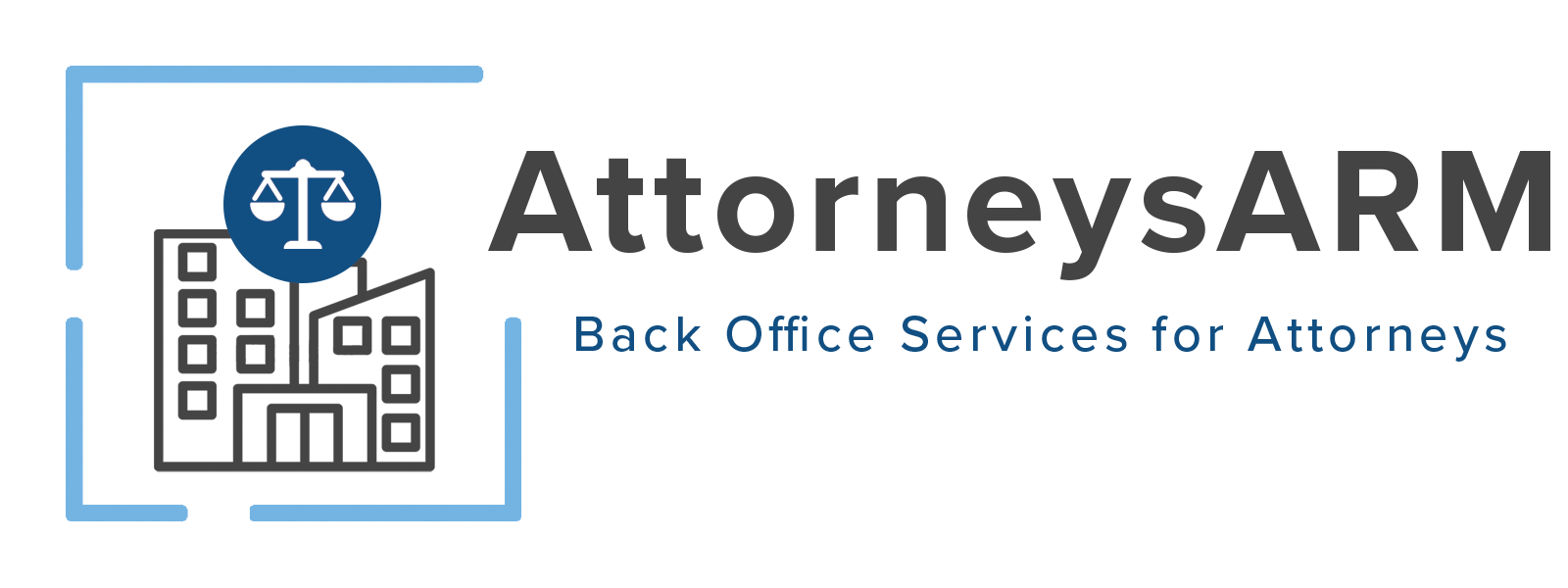Past due accounts can be stressful. If this is your first time dealing with them, you might wonder about the best practices and what you can do to lower your stress level. Here are some strategies you can use!
Implement Policies That Minimize the Likelihood of Past Due Accounts
An ounce of prevention is worth a pound of cure. Developing and implementing proactive policies can help cut down on the number of past due accounts. Your business should:
- Have a good credit policy in place that is actually being used. Improper screening (or no screening) to set the right credit limit creates big problems. You could extend credit to someone who isn’t creditworthy. You could give someone too much credit and they may not be able to afford their payment.
- Write a clear billing policy. When clients understand the billing policy, they’re more likely to pay on time. Create an easy to read handout for clients to explain your policy. The policy also acts as a tool for your employees. It answers their questions about the billing process.
- Stay on top of your invoices. Create time every day to update and create invoices. Send out invoices at the same time every week or month. Clients who know when to expect their invoice are more likely to pay on time.
- Make paying you easy. Consider online payment options so that your clients can use.
Start Follow-Up the Day After the Account Is Due
Sometimes people just forget to pay. Sometimes they get busy. Sometimes they have questions about their bill. Sometimes they don’t have the resources to pay. Whatever the reason, it is much easier to collect on an account sooner rather than later. The longer an account goes unpaid, the harder it is for you to collect. Check your invoice system daily and look for past due accounts. Begin calling on accounts the day after they’re due. This gives you the opportunity to touch base with your clients and solve any problem they may have related to the account.
If the client is financially unable to make their payment, but can make it on a certain date, make a note to follow-up with them on that day to take the payment.
Review the Account Before You Call
Before you pick up the phone to call on the account, review it. You should know when the last payment was received, when the account went past due, the balance on the account, and the age of the account. This prepares you to answer questions the account holder may have.
Treat the Debtor Like a Human
It is illegal to threaten the debtor or to call them names. It’s also just bad manners. You should always treat the debtor like a human being. Old fashioned customer service principles will get you much further in the collections process than being mean.
Be Prepared to Provide Documentation of the Debt
Debtors have a right to request debt validation. In a nutshell, this is documentation that proves the debtor owes you money. You may need to provide more than just the unpaid invoice. Make sure that you have access to a copy of the signed contract and a history of the account. Do not send the debtor any original copies. Only provide copies. If you cannot provide documentation of the debt when it is requested, you may be legally prohibited from collecting on it.
Choose the Right Collections Agency
At some point, you’ll consider using a collections agency. Make sure that you choose the right one. Any bad behavior on the part of the creditor will be seen as reflection of your business. For certain kinds of collections, if the collections agency breaks the law, you could be the one who pays the price.
Clients ARM provides both first and third-party collections services for businesses. We’re licensed in several states and we have a collections rate that is better than 90%. We understand the law and the importance of good old fashioned customer service. To learn how we can help you, schedule your free consultation.




